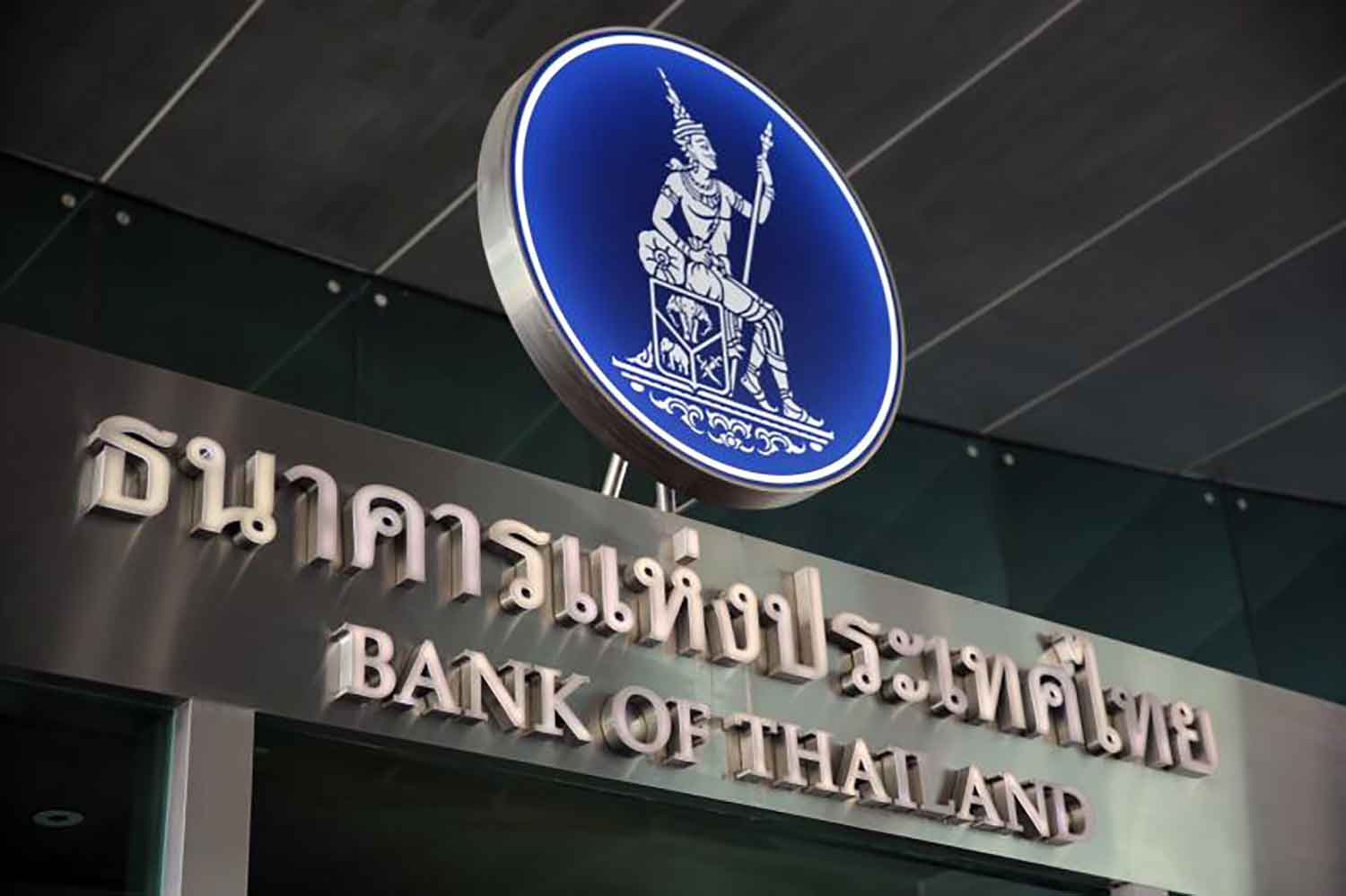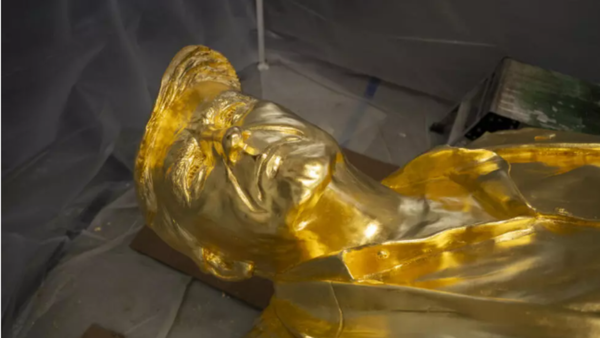
The total number of hoteliers affected by the Covid-19 pandemic applying for the central bank's asset warehousing scheme has declined thanks to the rebound in the tourism sector, according to an executive at the Bank of Thailand (BoT).
Commercial debtors who felt the pinch from the impact of the pandemic, including hotel operators, can still apply to enter the asset warehousing scheme in collaboration with creditors. Most of the applicants are small hotels.
Applicant numbers have declined as the tourism outlook improves, said central bank senior director Suwannee Jatsadasak.
The asset warehousing programme is a debt assistance measure that allows hotel owners to suspend debt repayment and transfer their assets, as loan collateral, to creditors temporarily with an option to lease and buy them back within a specific time frame.
As of Nov 14, 54.9 billion baht had been approved through the asset warehousing scheme with 390 debtors. The total credit line of the scheme is 100 billion baht.
Ms Suwannee said some borrowers in the process of transferring assets to banks under this scheme cancelled the transfer after their businesses showed signs of recovery.
In terms of joint venture asset management companies (JV-AMCs), she said some banks and AMCs have talked with the BoT about plans to establish one, but none have applied for approval other than JK Asset Management (JK AMC), a joint venture between Kasikornbank (KBank) and JMT Network Services.
KBank has transferred 30 billion baht worth of non-performing loans (NPLs) to JK AMC.
"Banks that talked to the central bank about establishing JV-AMCs may think they are unnecessary as the economy is recovering," said Ms Suwannee.
Banks appear to be satisfied with their NPL management following the impact of the coronavirus pandemic, she said.
The NPL ratio of the banking sector declined to 2.77%, with total bad loans outstanding of around 500 billion baht in the third quarter, down from 2.88% or 530 billion in the second quarter.
The central bank estimates the NPL ratio will increase at an insignificant level, with commercial banks ready to provide long-term debt restructuring to vulnerable customers.
Tharatporn Techakitkachorn, president of Sukhumvit Asset Management (SAM), said some banks that previously talked with SAM about partnerships to set up a JV-AMC have dropped the idea.
Banks may think such ventures are unnecessary as they managed NPLs using their own instruments or by selling NPLs to existing AMCs, he said.
SAM, Thailand's largest state-owned AMC and the country's second-biggest AMC, can help the banking sector with distressed asset management methods, said Mr Tharatporn.
The company expects to buy bad assets from financial institutions worth 10 billion baht this year, he said.
SAM plans to set a total budget of 6 billion baht for bad asset purchases next year, said Mr Tharatporn.







